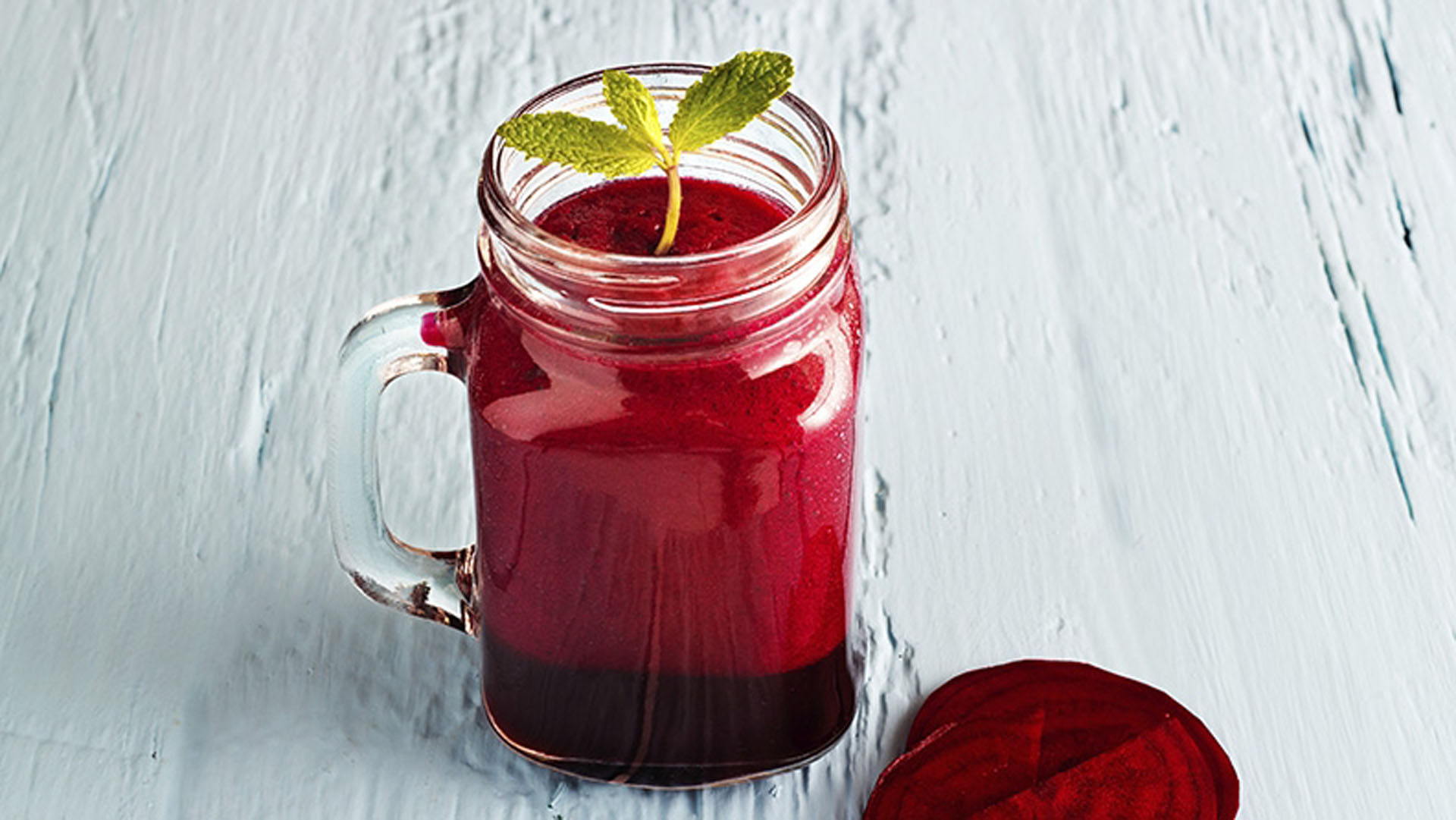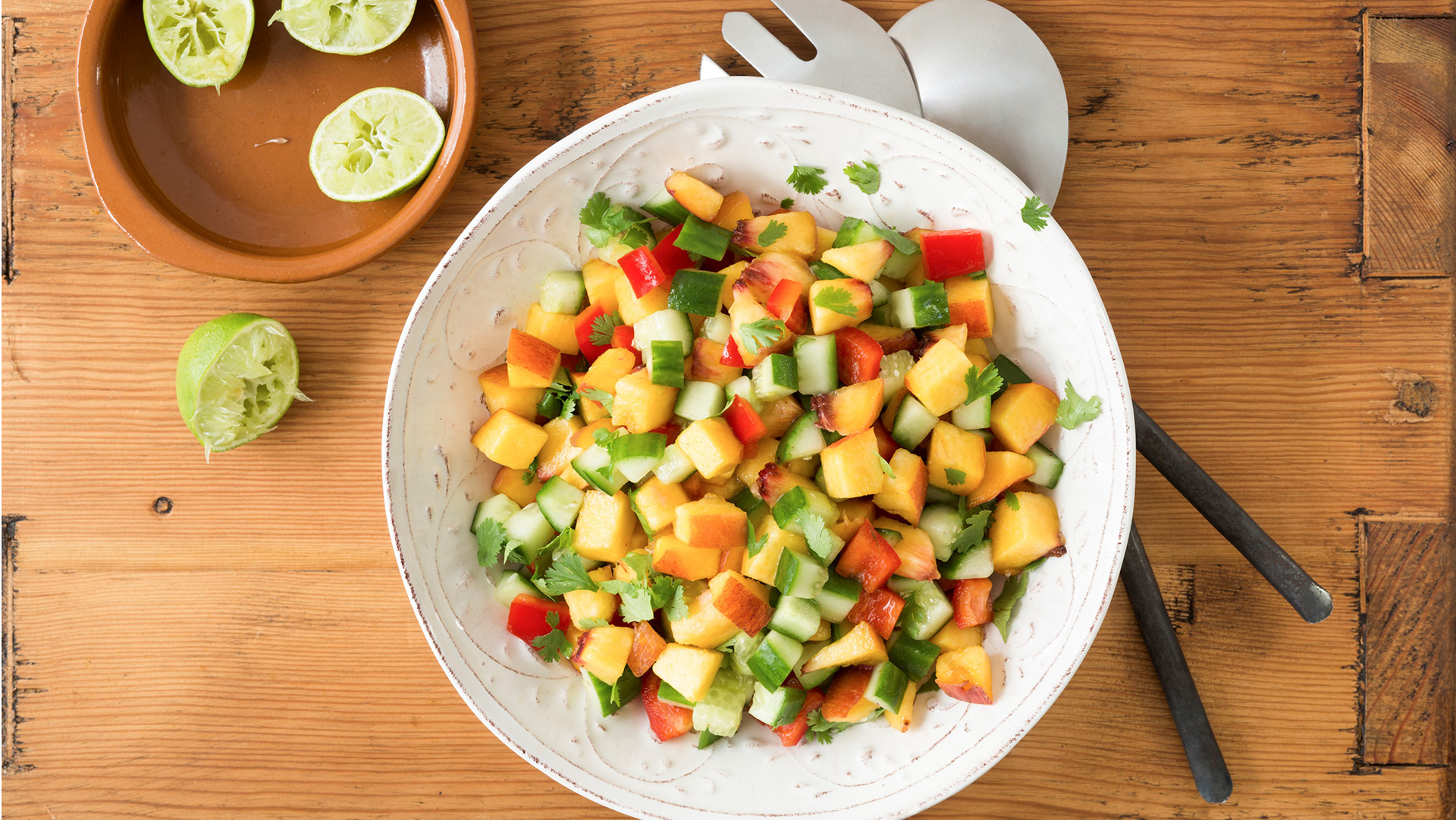-
Beetroot juice has had a meteoric rise to become the latest hot sports nutrition supplement. With a growing amount of research supporting its use, this may be a rare case where the hype is actually not too far from the fact.
The interest in beetroot juice comes from the presence of naturally occurring nitrates. Nitrates are found in many vegetables, but beetroot is one of the best sources. The research interest in dietary nitrates is because they can be converted by our body to nitric oxide.
Nitric oxide is a potent vasodilator, meaning it improves blood flow and oxygen delivery to working muscles. As a bonus, it also improves the action of insulin and has a role to play in the immune system. There is also some interesting research showing that beetroot juice may help lower blood pressure in people with hypertension.
So will drinking beetroot juice improve athletic performance? With several dozen exercise studies looking at beetroot juice and sports performance now published, the results are looking promising.
Athletes who supplement with beetroot juice containing an adequate amount of nitrate on average gain a small benefit in exercise endurance. The most commonly studied exercise situations have been 4- to 30-minute cycling and running trials.
Taking in extra nitrate in the form of beetroot juice can improve the exercise economy of athletes when working at a constant intensity, which translates into a slightly longer time until exhaustion. At an elite level, clinical trials show a small but competitively meaningful benefit in time trial performance. Recreational athletes seem to gain a greater benefit from beetroot juice than the pros, which could be because of less prior adaptation of the cardiovascular system to exercise.
The Australian Institute of Sport nutrition team gave their nod to beetroot juice by recently moving it to a Group A classification. Only supplements that are supported by evidence for use in certain sports are given this rating.
There are very little concerns about harmful effects from taking beetroot, juice apart from some occasional, minor gastrointestinal upsets. But as anyone who has tried beetroot juice will tell you, be prepared for a ‘colourful surprise’ on visits to the bathroom – what goes in purple comes out pink!
So how much nitrate do you need to consume to get a potential sports performance benefit? An effective ‘dose’ of nitrate is about 400 mg. Popular commercial ‘beetroot shots’ will give this dose – or instead, you could just eat foods high in nitrate. Beetroot, celery, lettuce, and spinach all contain about 250 mg of nitrate per 100 g, though levels can vary (hence the popularity of the commercial shots).
Beetroot juice is now moving into the realm of the mainstream with some credible science behind it to support its use. As with all sports supplements though, at best they may give a small performance benefit. The greatest benefits in sport come from a broad healthy diet, adequate rest and recovery and plenty of hard work in training.
The power of beetroots

-
Is sharing a meal the secret ingredient to a happier life?
Why social connection may be the most important ingredient on your plate.
-
Chicken soup with parmesan, rice, peas and lemon recipe
Nourishing chicken soup
-
The best immunity-boosting foods
Key nutrients to focus on that could help to boost your immunity, and the how to get them.
-
Comforting chicken noodle soup
Packed with anti-inflammatory ingredients including leek, garlic and ginger, this chicken noodle soup is hearty, full of goodness and great for any night of the week.
-
Peach salsa recipe
Zesty and unusual peach salsa recipe
-
Pineapple gingerbread crumble recipe
A summer riff on a winter classic.
Subscribe to receive the best from Live Better every week. Healthy recipes, exercise tips and activities, offers and promotions – everything to help you eat, move and feel better.
By clicking sign up I understand and agree to Medibank's privacy policy






